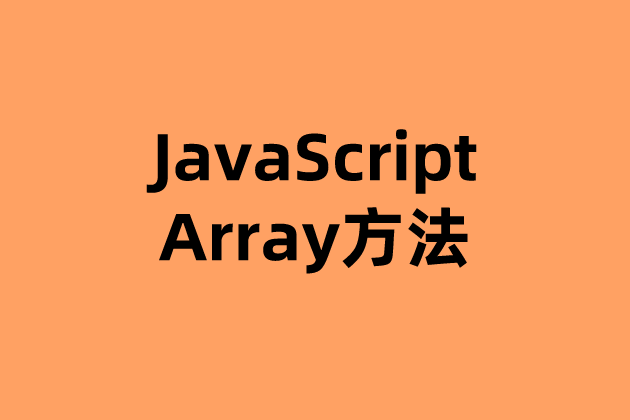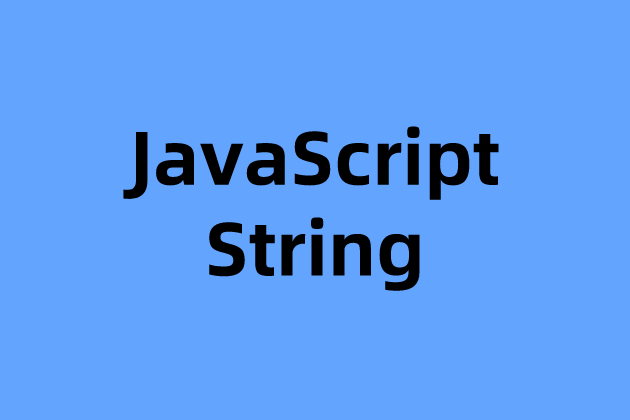Array
数组是一种类列表对象,它的原型中提供了遍历和修改元素的相关操作。JavaScript 数组的长度和元素类型都是非固定的。因为数组的长度可随时改变,并且其数据在内存中也可以不连续,所以 JavaScript 数组不一定是密集型的,这取决于它的使用方式。

常用方法
concat()
用于合并两个或多个数组。此方法不会更改现有数组,而是返回一个新数组。
const array1 = ['a', 'b', 'c'];
const array2 = ['d', 'e', 'f'];
const array3 = array1.concat(array2);
console.log(array3);
// expected output: Array ["a", "b", "c", "d", "e", "f"]
copyWithin()
浅复制数组的一部分到同一数组中的另一个位置,并返回它,不会改变原数组的长度。
const array1 = ['a', 'b', 'c', 'd', 'e'];
// copy to index 0 the element at index 3
console.log(array1.copyWithin(0, 3, 4));
// expected output: Array ["d", "b", "c", "d", "e"]
// copy to index 1 all elements from index 3 to the end
console.log(array1.copyWithin(1, 3));
// expected output: Array ["d", "d", "e", "d", "e"]entries()
返回一个新的Array Iterator对象,该对象包含数组中每个索引的键/值对
const array1 = ['a', 'b', 'c'];
const iterator1 = array1.entries();
console.log(iterator1.next().value);
// expected output: Array [0, "a"]
console.log(iterator1.next().value);
// expected output: Array [1, "b"]
every()
测试一个数组内的所有元素是否都能通过某个指定函数的测试。它返回一个布尔值。
const isBelowThreshold = (currentValue) => currentValue < 40;
const array1 = [1, 30, 39, 29, 10, 13];
console.log(array1.every(isBelowThreshold));
// expected output: truefill()
用一个固定值填充一个数组中从起始索引到终止索引内的全部元素。不包括终止索引。
const array1 = [1, 2, 3, 4];
// fill with 0 from position 2 until position 4
console.log(array1.fill(0, 2, 4));
// expected output: [1, 2, 0, 0]
// fill with 5 from position 1
console.log(array1.fill(5, 1));
// expected output: [1, 5, 5, 5]
console.log(array1.fill(6));
// expected output: [6, 6, 6, 6]
filter()
创建一个新数组,其包含通过所提供函数实现的测试的所有元素。
const words = ['spray', 'limit', 'elite', 'exuberant', 'destruction', 'present'];
const result = words.filter(word => word.length > 6);
console.log(result);
// expected output: Array ["exuberant", "destruction", "present"]
at()
接收一个整数值并返回该索引的项目,允许正数和负数。负整数从数组中的最后一个项目开始倒数。
// 数组及数组元素
const cart = ['apple', 'banana', 'pear'];
// 一个函数,用于返回给定数组的最后一个项目
function returnLast(arr) {
return arr.at(-1);
}
// 获取 'cart' 数组的最后一项
const item1 = returnLast(cart);
console.log(item1); // 'pear'
// 在 'cart' 数组中添加一项
cart.push('orange');
const item2 = returnLast(cart);
console.log(item2); // 'orange'
总结一下
本系列到此结束,数组常用的增删改方法都考虑 length 的值。数组内置的几个方法(例如 join、slice、indexOf 等)都会考虑 length 的值。另外还有一些方法(例如 push、splice 等)还会改变 length 的值。
